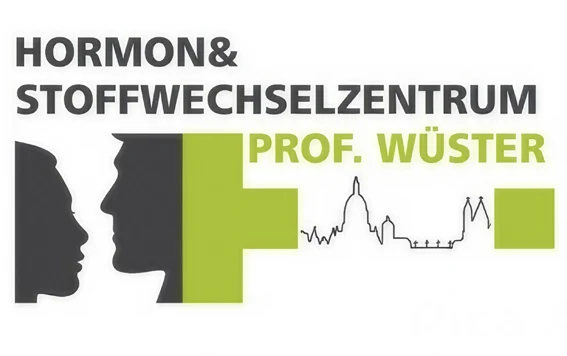Thyroid guide – endocrinologist from Mainz provides information
Prof. Wüster from Mainz: Thyroid diseases can affect quality of life
MAINZ – The thyroid gland in the human body is a small organ with a major influence on a wide range of bodily functions. It fulfils an important control function in relation to other organs in the body. Various hormones are produced here, which act as messenger substances to regulate the function of other organs. At the Hormone & Metabolism Centre in Mainz, Prof. Dr Dr h. c. Christian Wüster and his team of endocrinologists treat diseases of the thyroid gland. These include, for example: hypothyroidism, hyperthyroidism, Graves’ disease, autoimmune thyroiditis, painful thyroid inflammation (thyroiditis de Quervain), thyroid nodules and thyroid cancer, in particular hereditary forms as part of familial multiple endocrine neoplasia (MEN) type II.
What functions does the thyroid gland influence? Answers from the Mainz endocrinologist
The thyroid gland produces two important hormones in particular – thyroxine T4 and triiodothyronine T3. Both hormones have an iodine component. Thyroxine has 4 iodine atoms, triiodothyronine has 3, and both interact with each other. If one of the iodine atoms of thyroxine is split off in the body, the shorter-lived but more effective hormone T3 can be produced in its place.
The hormones influence essential bodily functions: heart activity and blood pressure, energy metabolism and body weight, intestinal activity and digestion, insulin production and carbohydrate metabolism, bone metabolism, brain and mental activity, cholesterol levels and fat and protein metabolism as well as the growth and maturation of children in the womb. ‘Endocrinologists often use a common comparison to describe the function of the thyroid gland. Its hormones act like an accelerator pedal for our body. If there are too many hormones, the body and mind run at full speed. If there are too few hormones, people feel inhibited and listless.’
When the thyroid gland gets out of sync: treatment at the Hormone & Metabolism Centre in Mainz
If thyroid hormone production is out of balance, this can lead to a variety of health problems. At the Hormone & Metabolism Centre in Mainz, patients with symptoms are treated individually and undergo modern laboratory diagnostics. Ultrasound examinations can also be carried out to precisely determine changes in the thyroid gland. For Prof Dr Christian Wüster, every patient with a thyroid disorder must be treated individually. He knows that the course of the disease is often only similar in principle. The therapy is always a reaction to very individual symptoms.

